
Trump’s Back, and So Are the Travel Bans
In 2025, Trump returned to the White House with a familiar agenda: tightening U.S. borders. Within months, his administration rolled out a sweeping travel ban affecting visa applicants from nearly 20 countries. If you’re planning international travel, applying for a U.S. visa, or sponsoring family members, these changes could directly impact you.
Let’s break down what’s happening, who’s affected, and what might come next. No jargon, no scare tactics, just the facts you need to navigate the current landscape of U.S. travel and immigration.
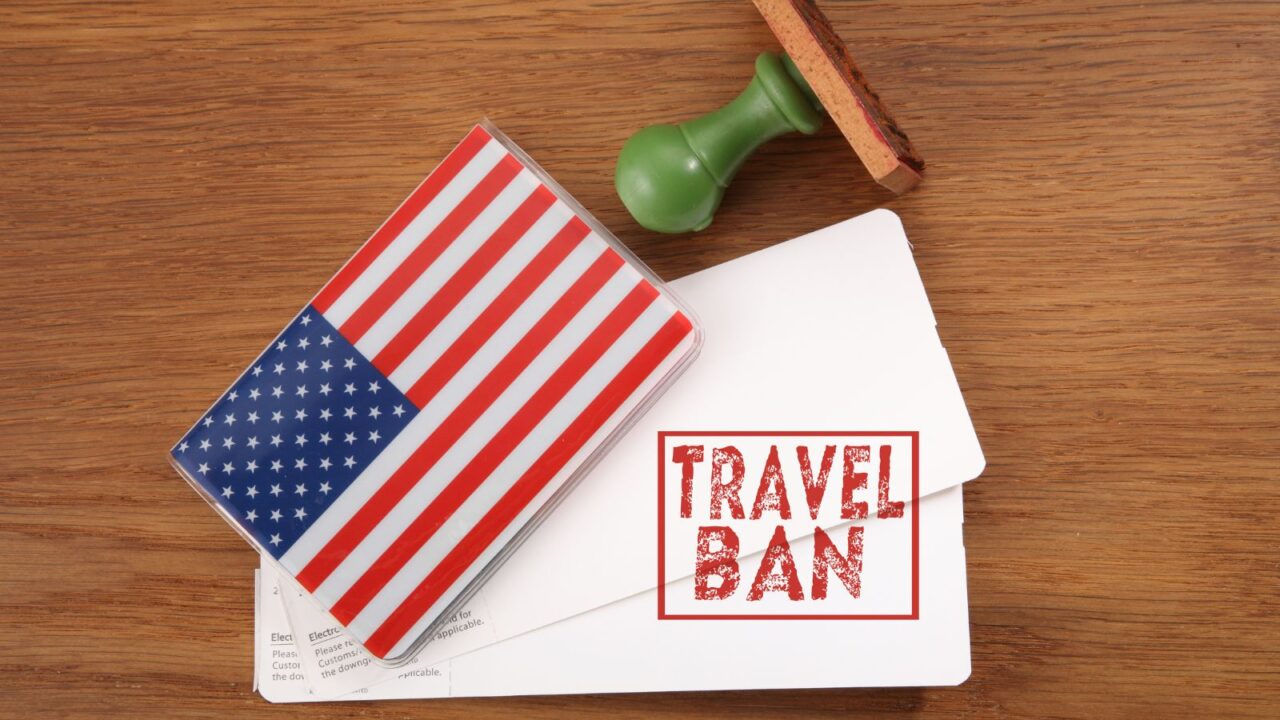
Who’s Completely Blocked?
Trump’s 2025 travel ban fully suspended visa issuance for citizens of 12 countries. If you’re from Afghanistan, Myanmar, Chad, Congo, Equatorial Guinea, Eritrea, Haiti, Iran, Libya, Somalia, Sudan, or Yemen, you cannot get a U.S. visa right now.
The ban targets people outside the U.S. without valid visas as of June 9, 2025. This doesn’t affect green card holders re-entering the U.S., but it does block many family members from joining them.
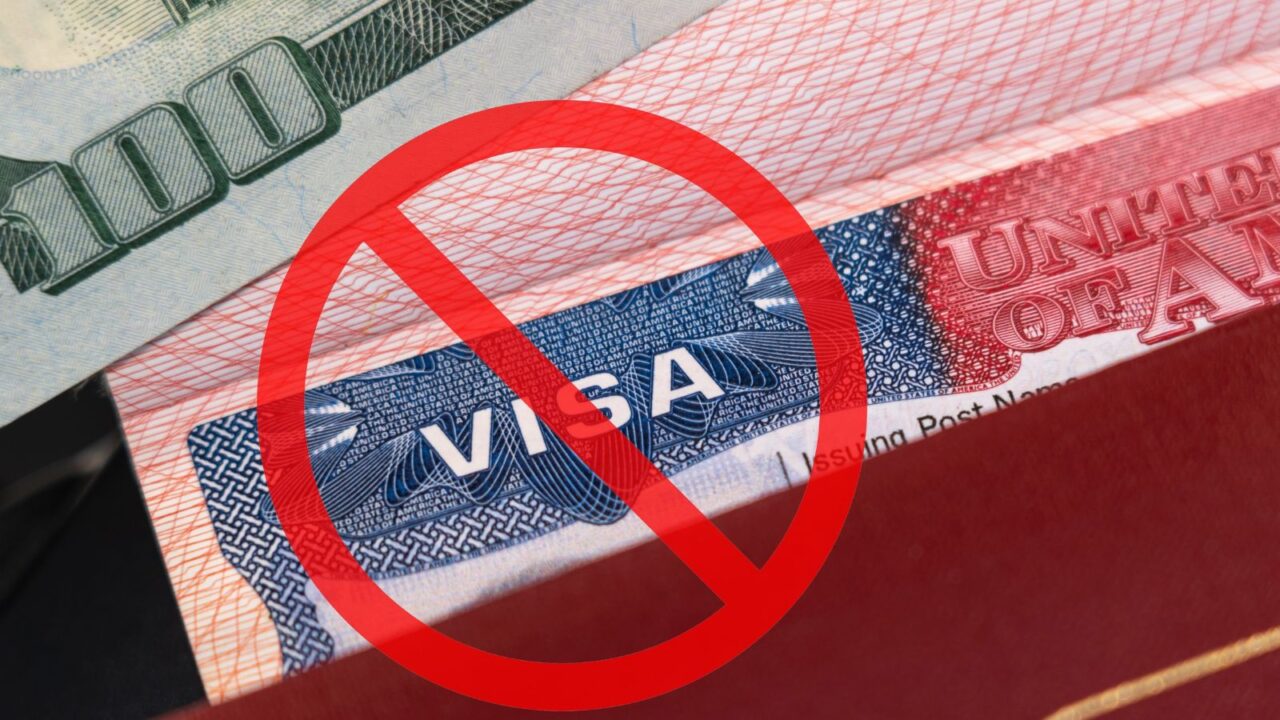
Who’s Under Partial Travel Restrictions?
Seven additional countries face partial visa restrictions: Burundi, Cuba, Laos, Sierra Leone, Togo, Turkmenistan, and Venezuela. What does “partial” mean? It depends on the visa type.
Student and permanent residency visas are now harder to get, while some temporary visitor visas might still be issued. It’s complicated, and that’s the point.
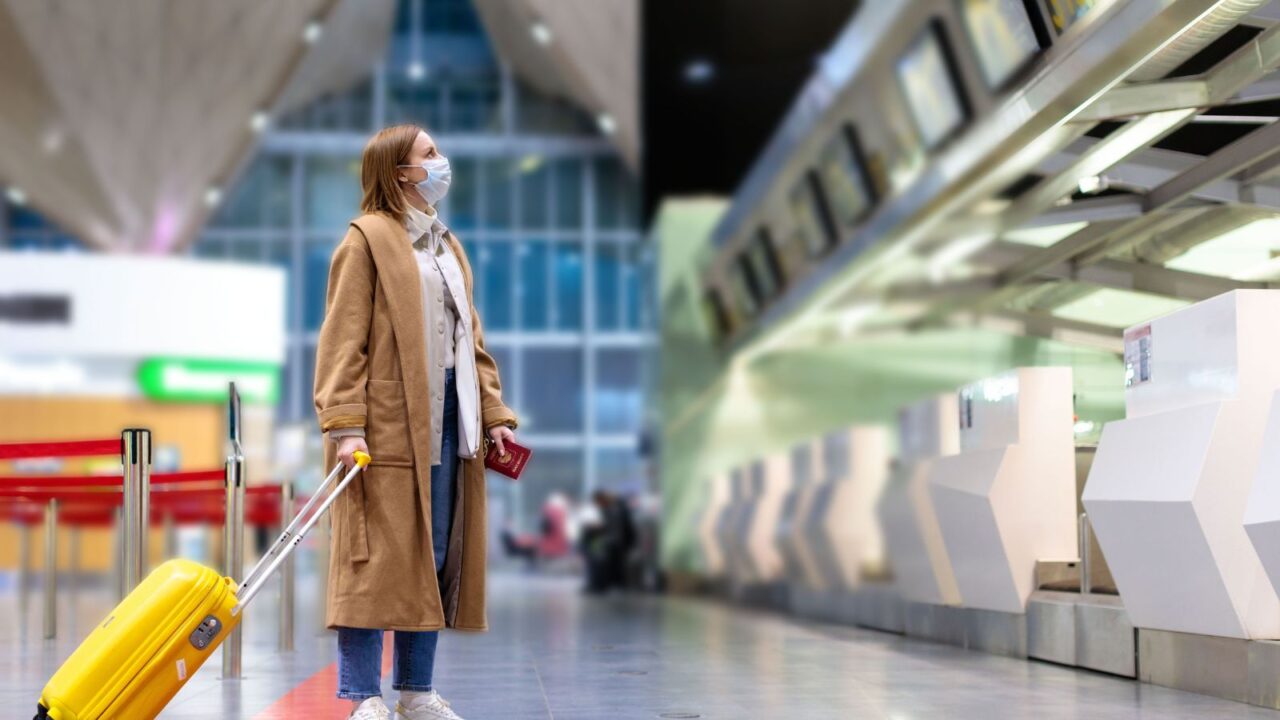
Dual Citizens, Are They Affected Too?
Yes, but with exceptions. If you’re a dual citizen of one of the banned countries but traveling on a passport from a country not on the list, you might still be able to enter the U.S. Sounds simple? Not really.
Immigration officers still have broad authority to question your background. If your travel history, family ties, or social media links you to a banned nation, expect delays or worse.
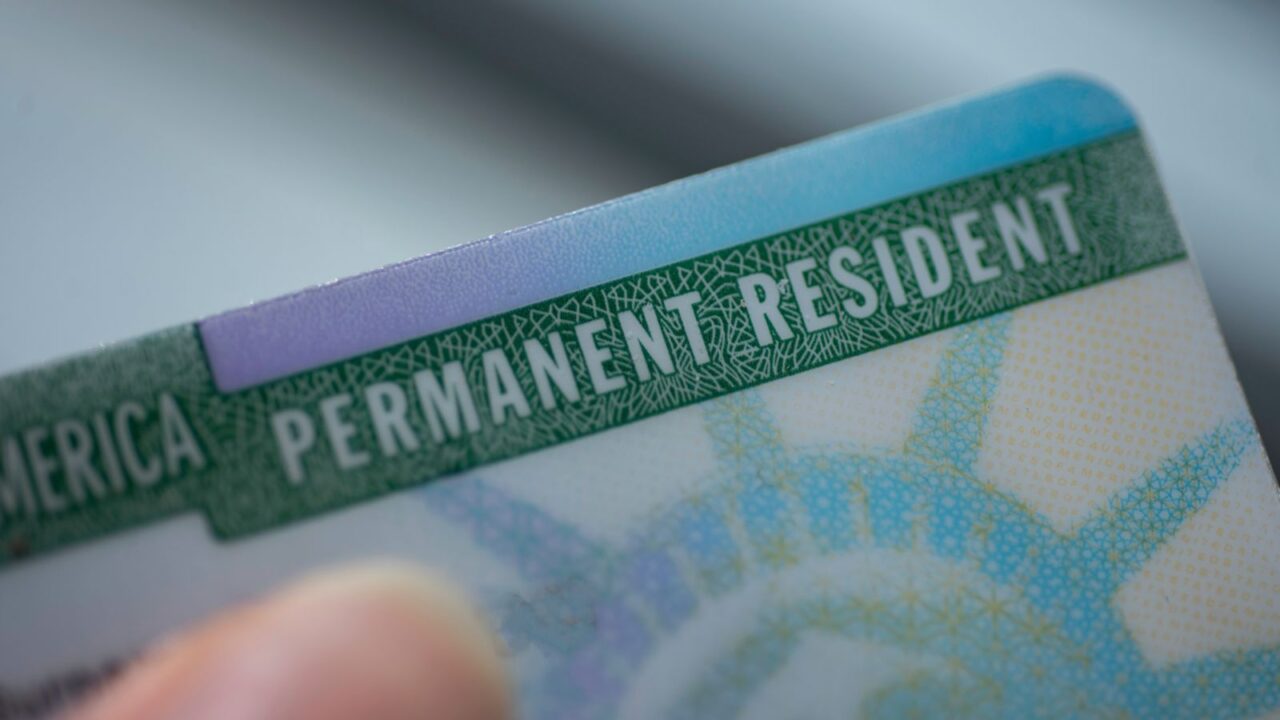
Green Card Holders, What You Need to Know
Green card holders from banned countries can return to the U.S., but they’re not immune from complications. While technically excluded from the ban, many are reporting extra screening at airports and delays during re-entry.
More alarming? Their family members abroad may be completely blocked from applying for visas. So, if you’re a permanent resident planning to reunite with family from a restricted country, the road just got a lot bumpier.

Student Visas Under the Microscope
Planning to study in the U.S.? Better check twice. The Trump administration has tightened scrutiny on F, J, and M visas, especially for students from “high-risk” countries. Some U.S. consulates have paused interviews altogether.
Even applicants with full scholarships or top academic records are facing denials. For many, this means deferred dreams, lost tuition, and missed opportunities.

The Economy’s Not Immune Either
Hotels, universities, and hospitals all rely on immigrants and international visitors. Trump’s travel restrictions are already creating labor shortages in tourism and hospitality, with ripple effects in big cities.
Some colleges are seeing sharp drops in foreign enrollment. Fewer tourists means fewer dollars.

More Countries Could Be Banned Next
The ban isn’t final. A leaked State Department memo revealed that 36 more countries, mostly in Africa, the Caribbean, Central Asia, and the Pacific, could soon face similar restrictions. Why? The U.S. says they aren’t meeting vetting requirements, like tracking criminal records or passport security.
If these nations don’t fix things by August 2025, they could be blacklisted next.
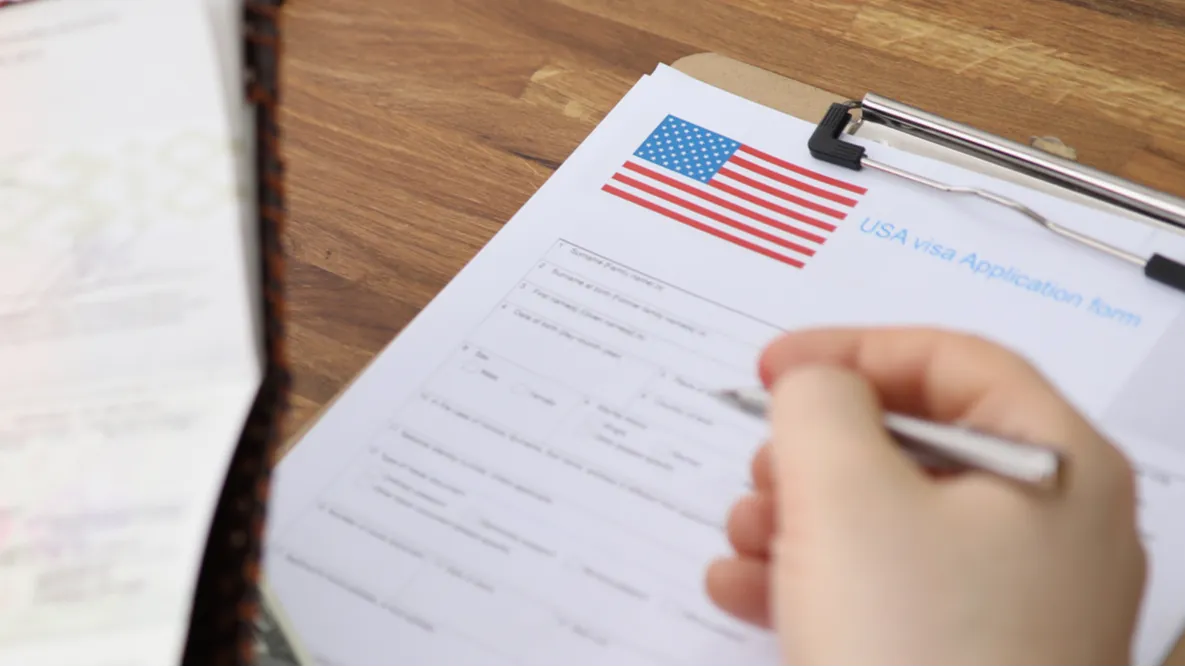
How This Impacts Visa Processing Globally
It’s not just who can apply, it’s also how long it takes. Visa processing has slowed dramatically since June 2025. Consulates are canceling or postponing appointments for security reviews.
Some embassies are denying visas with vague “administrative processing” notes. Even low-risk travelers from unaffected countries report longer wait times and tougher questions at interviews.
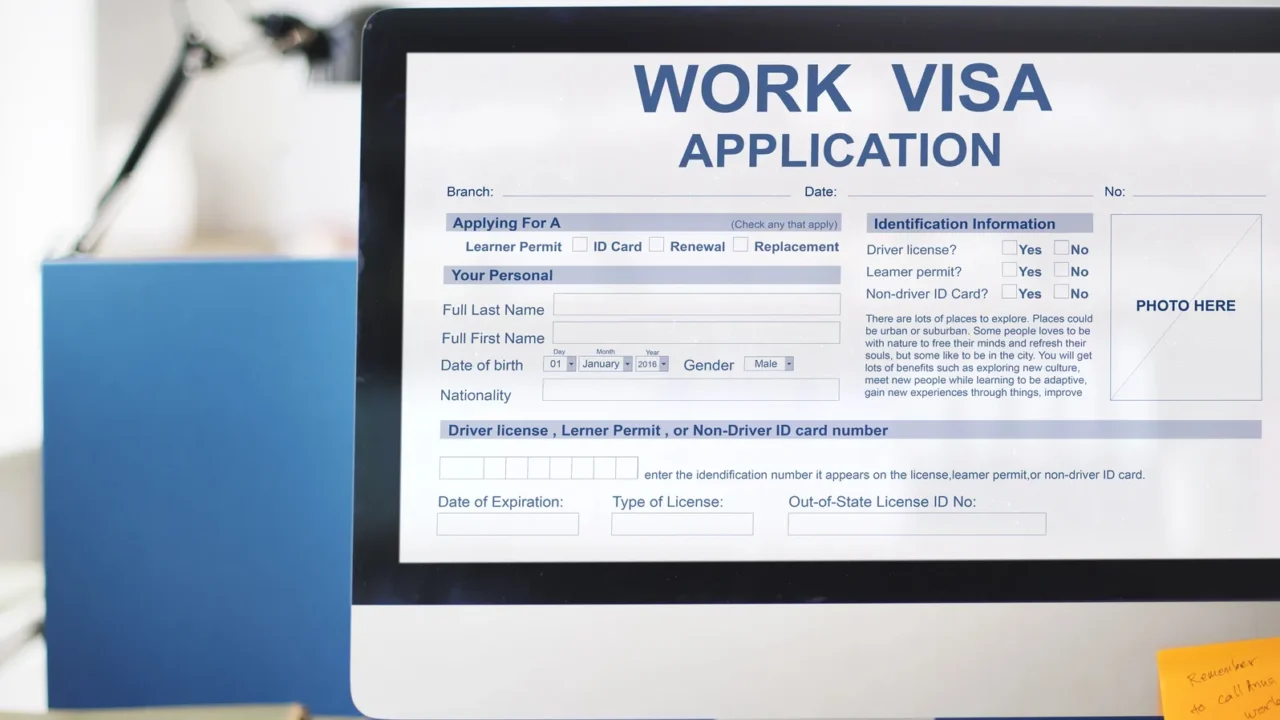
Business and Work Visas May Be Next
H-1B, L-1, and temporary work visa applicants should stay alert. While these categories haven’t faced bans yet, the administration is signaling more scrutiny is coming. Trump has already hinted at tighter rules for employers sponsoring foreign workers.
If you’re in tech, medicine, or hospitality, the red tape could get thicker. Watch for more background checks, site visits, and delays in approval, even if you’re already in the U.S.
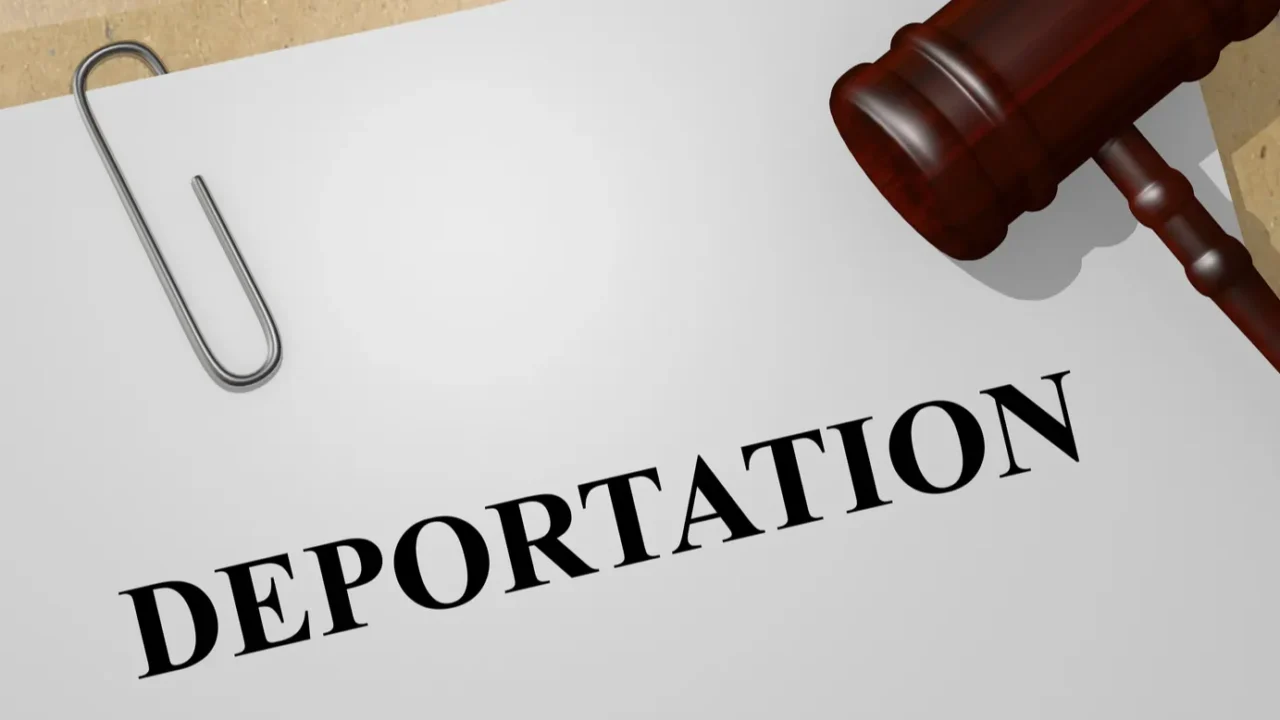
Deportations Are On the Rise Again
Trump’s immigration crackdown isn’t stopping at the border. Deportation rates have surged in mid-2025, including for some legal immigrants.
Green card holders and visa holders with old misdemeanors or alleged “anti-government” activity have faced deportation proceedings. The message is loud and clear: Immigration status doesn’t mean immunity.

Who’s Most Vulnerable Right Now?
Immigrants from the 12 banned and 7 restricted countries are facing the most challenges, especially those with pending visa applications or long-term plans to bring family members over.
International students, dual nationals, and people applying for work or refugee visas are also at higher risk of denial.
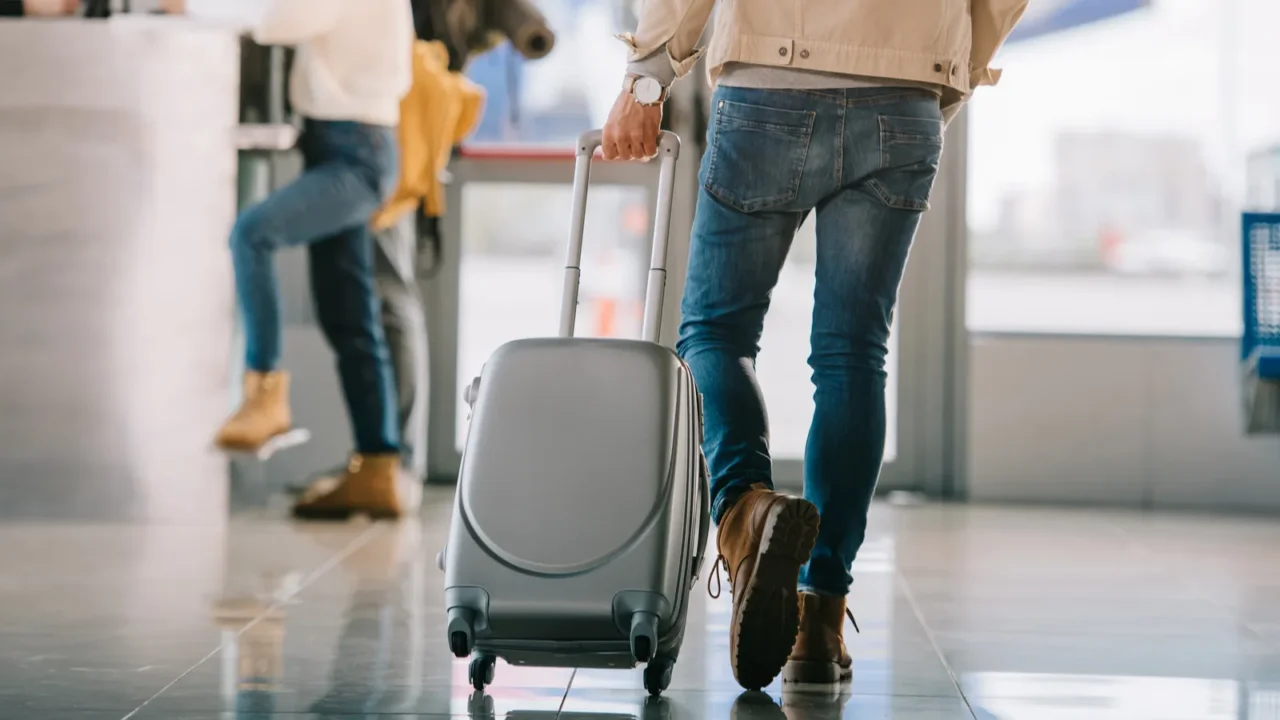
Tech and Talent Mobility Is Slowing
International tech workers have always played a huge role in U.S. innovation. But now, top talent from abroad is thinking twice before accepting offers from U.S. companies.
Visa uncertainty, long waits, and rejection fears are making Canada, Germany, and Australia more appealing. In the long run, this could mean the U.S. loses ground in global talent competition.

Families Are Getting Split Apart
One of the most heartbreaking consequences of these policies? Families are being separated. A green card holder in the U.S. may no longer be able to bring their spouse or children from a banned country.
Student visa holders can’t reunite with their families during school breaks.
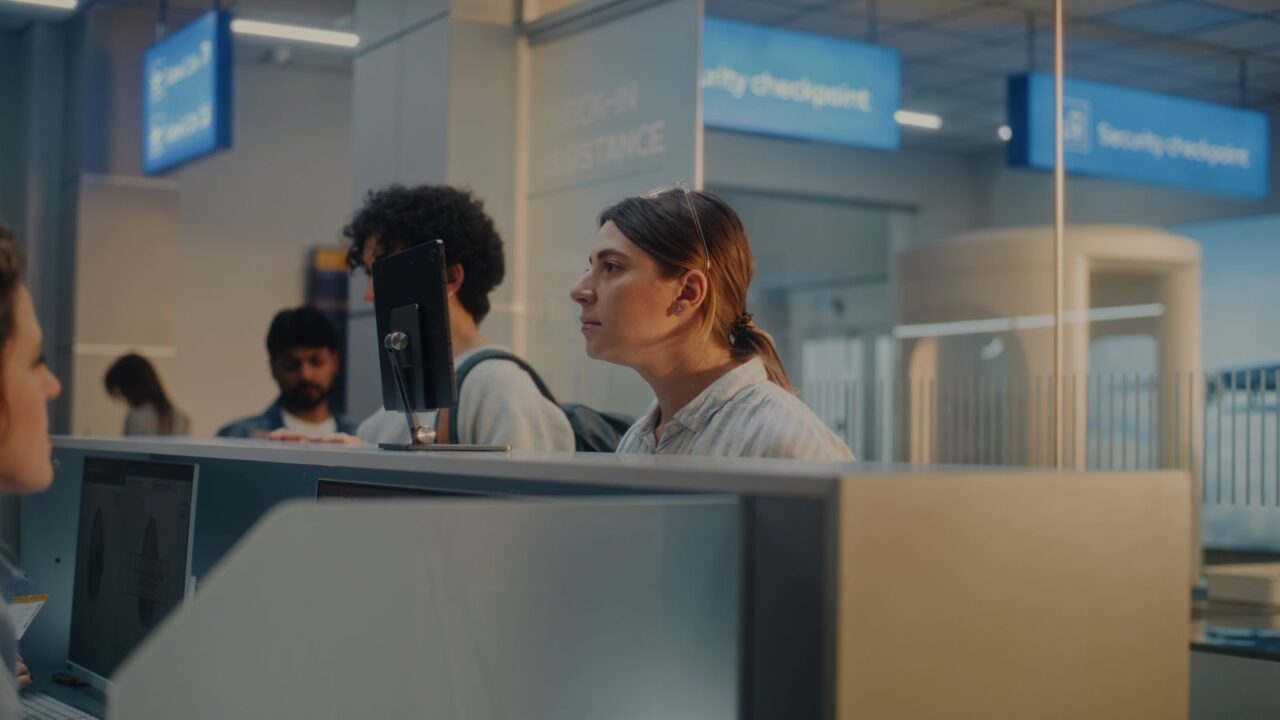
Expect More Airport Scrutiny, Even If You’re Not Banned
Even travelers from countries not on the banned list are facing stricter checks. Customs and Border Protection is doing more secondary screenings, reviewing social media, and even checking phone content.
If you’re traveling internationally, leave extra time for delays, and be ready to answer detailed questions, even if you’re just coming for vacation or a short work trip.
International travel is feeling less predictable, even for those with clean records. One small misstep (like a boarding pass error) can derail your plans fast.
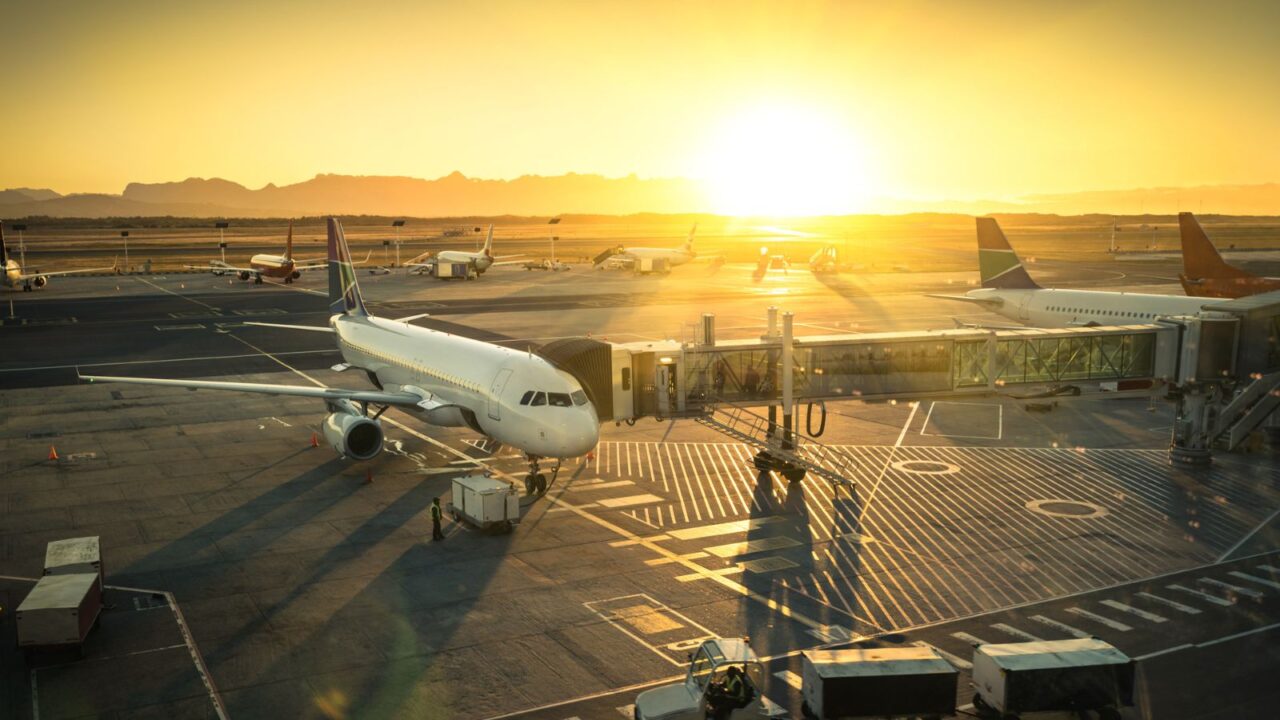
What Might Happen Next?
If history repeats itself, we’ll likely see more countries added to the travel ban and tighter controls across more visa types. Dual nationals may lose existing exemptions. Overstay crackdowns could increase. If you rely on a visa, student, work, or tourist, be prepared for more documentation, more interviews, and more unpredictability in 2025 and beyond.
With travel rules shifting fast, having your documents in order won’t always be enough. Before your next trip, make sure you’re not falling for this overlooked travel insurance loophole; it could cost you more than just your plans.
Do you think these new travel bans make the U.S. safer, or just more complicated? Share your thoughts below.
Read More From This Brand:
- Cape Town’s Shoreline Stunners You’ll Regret Skipping in 2025
- A Beginner’s Guide to America’s Quirkiest Roadside Attractions
- Why Rio and Machu Picchu Are the Bucket List Duo of 2025
Don’t forget to follow us for more exclusive content right here on MSN.
This slideshow was made with AI assistance and human editing.